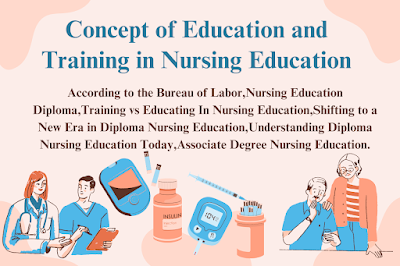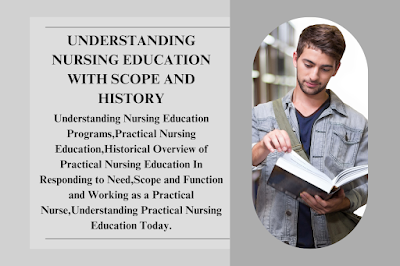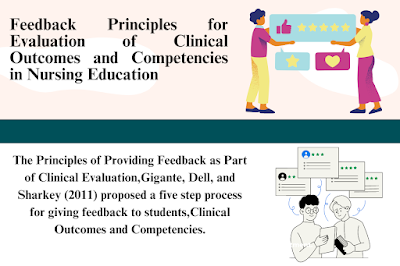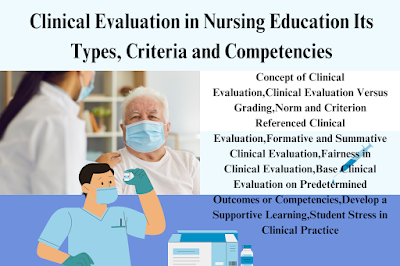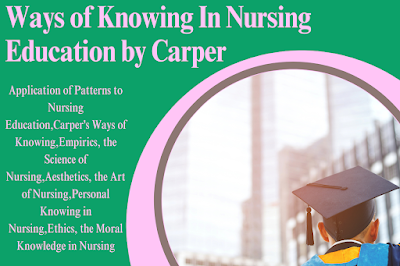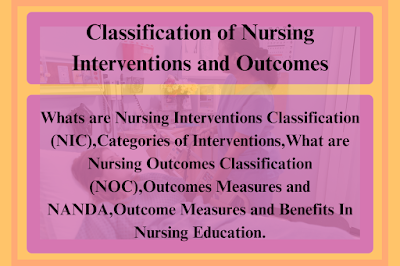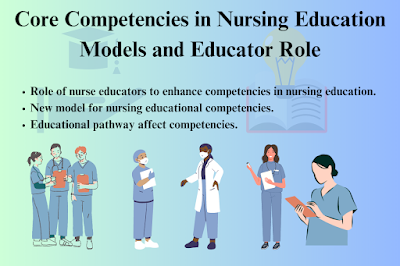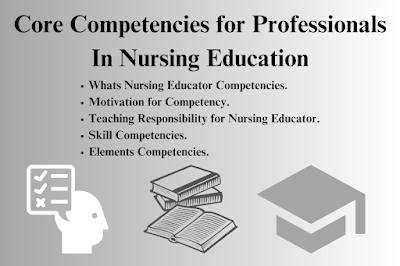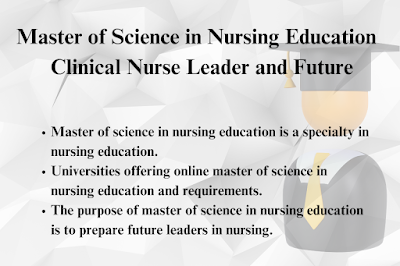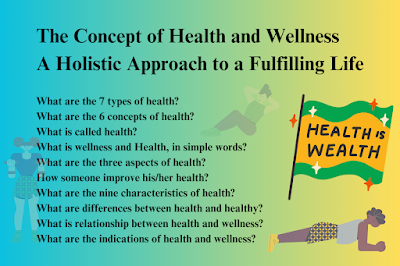Concept of Education and Training in Nursing Education
The Concept of Education and Training in Nursing Education. In nursing education, education focuses on the broad development of knowledge, skills, and attitudes necessary for professional practice, while training emphasizes the acquisition of specific skills or procedures for immediate application. What Is Concept of Education and Training in Nursing Education Education aims for a comprehensive … Read more
